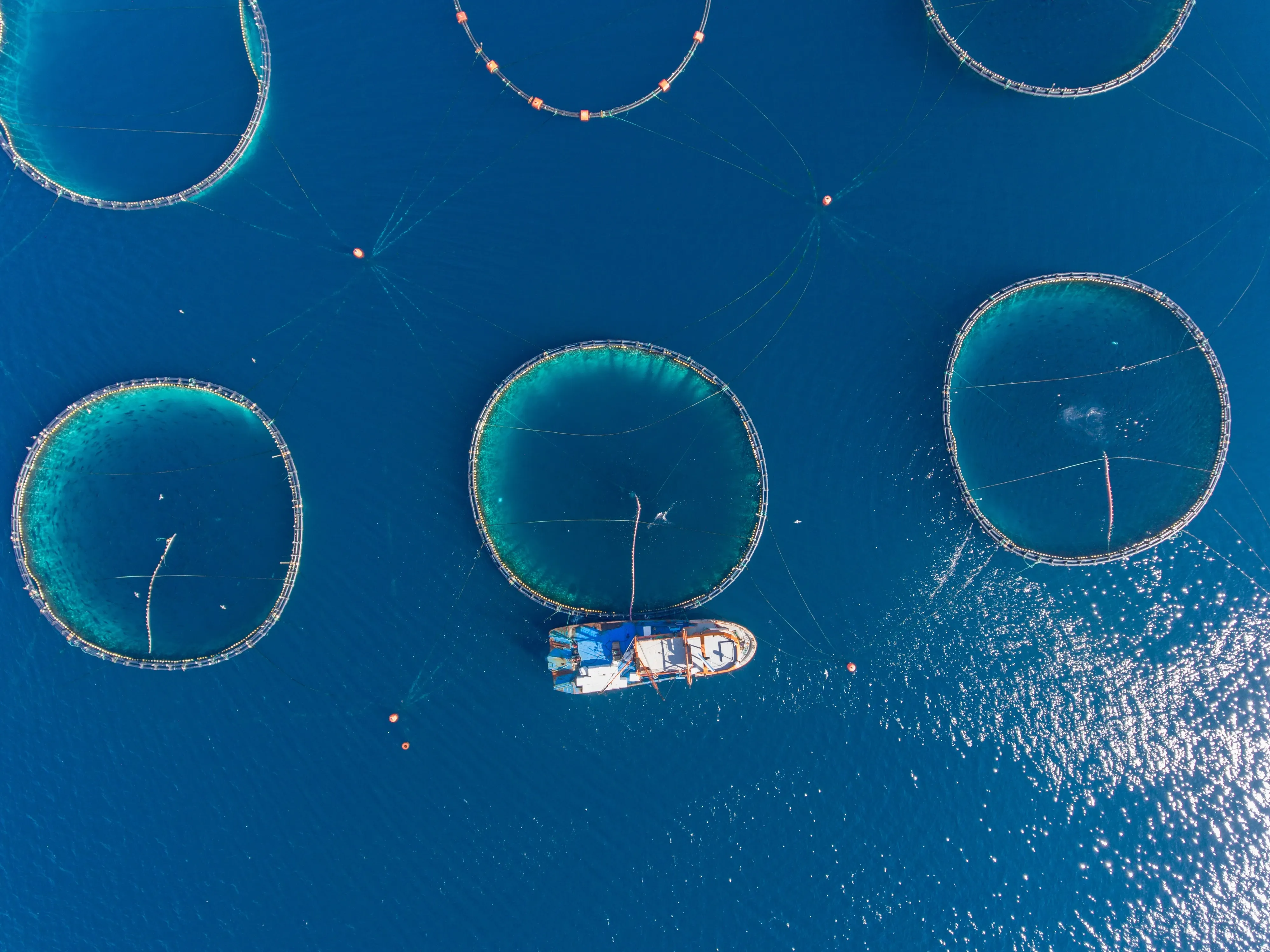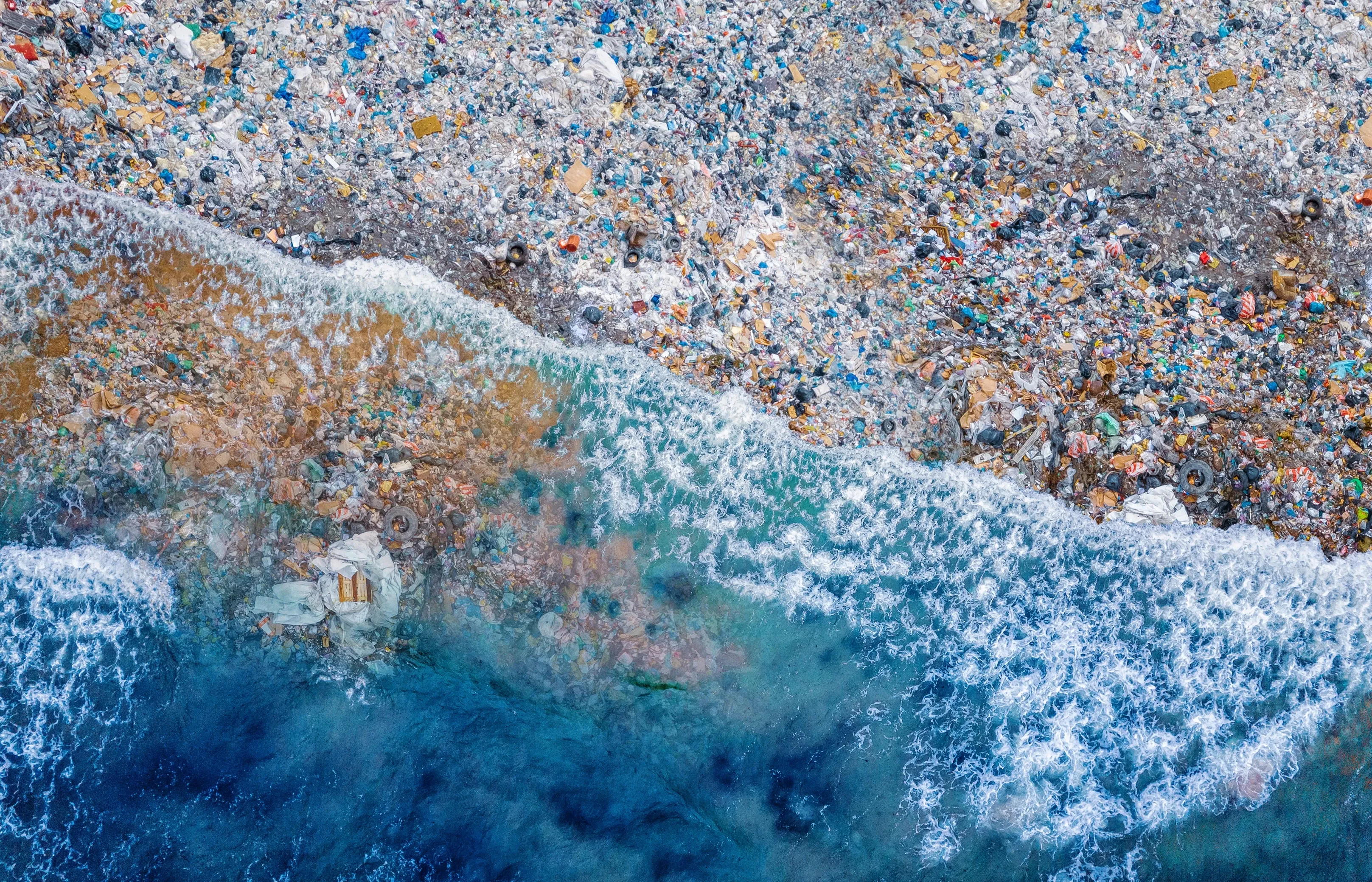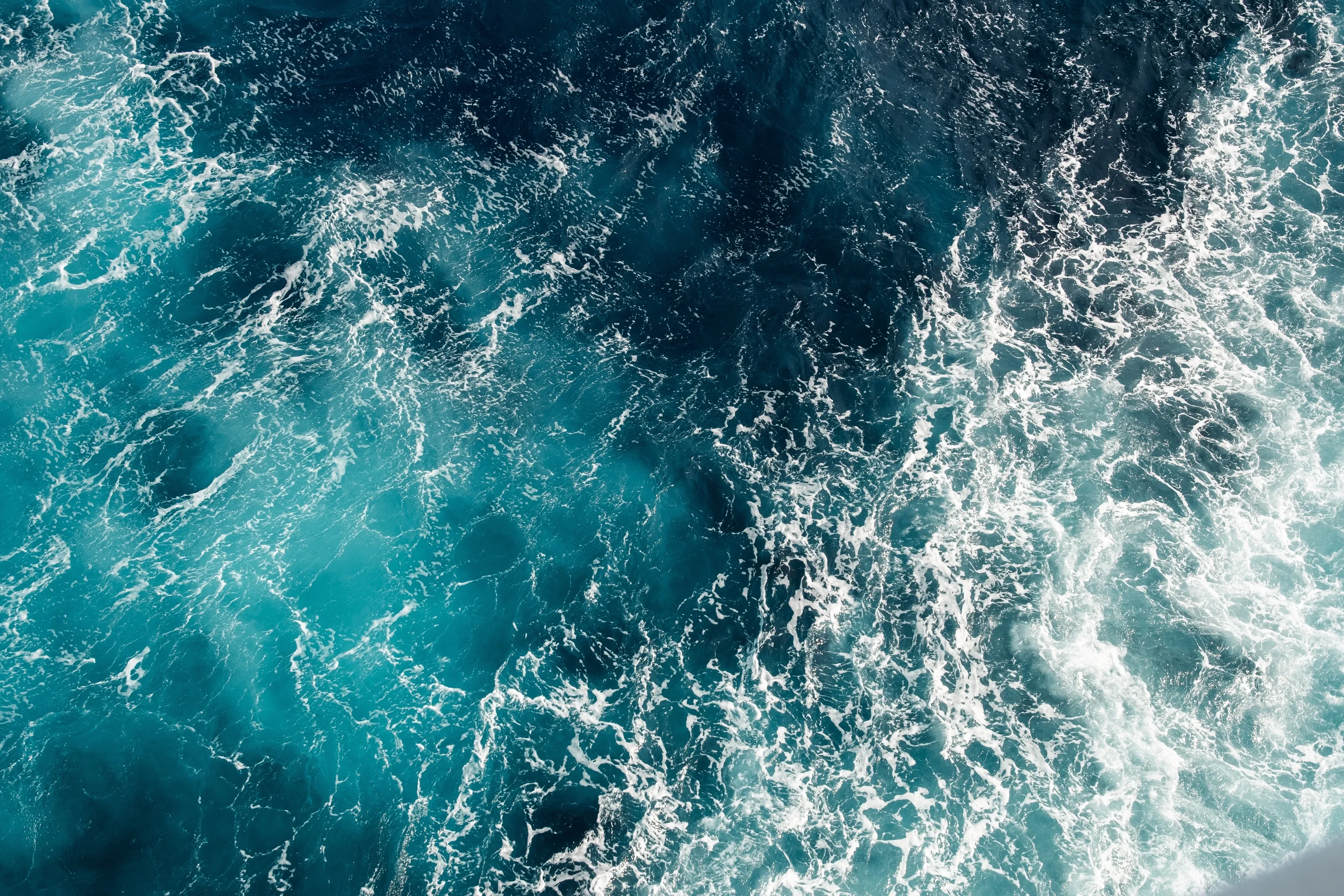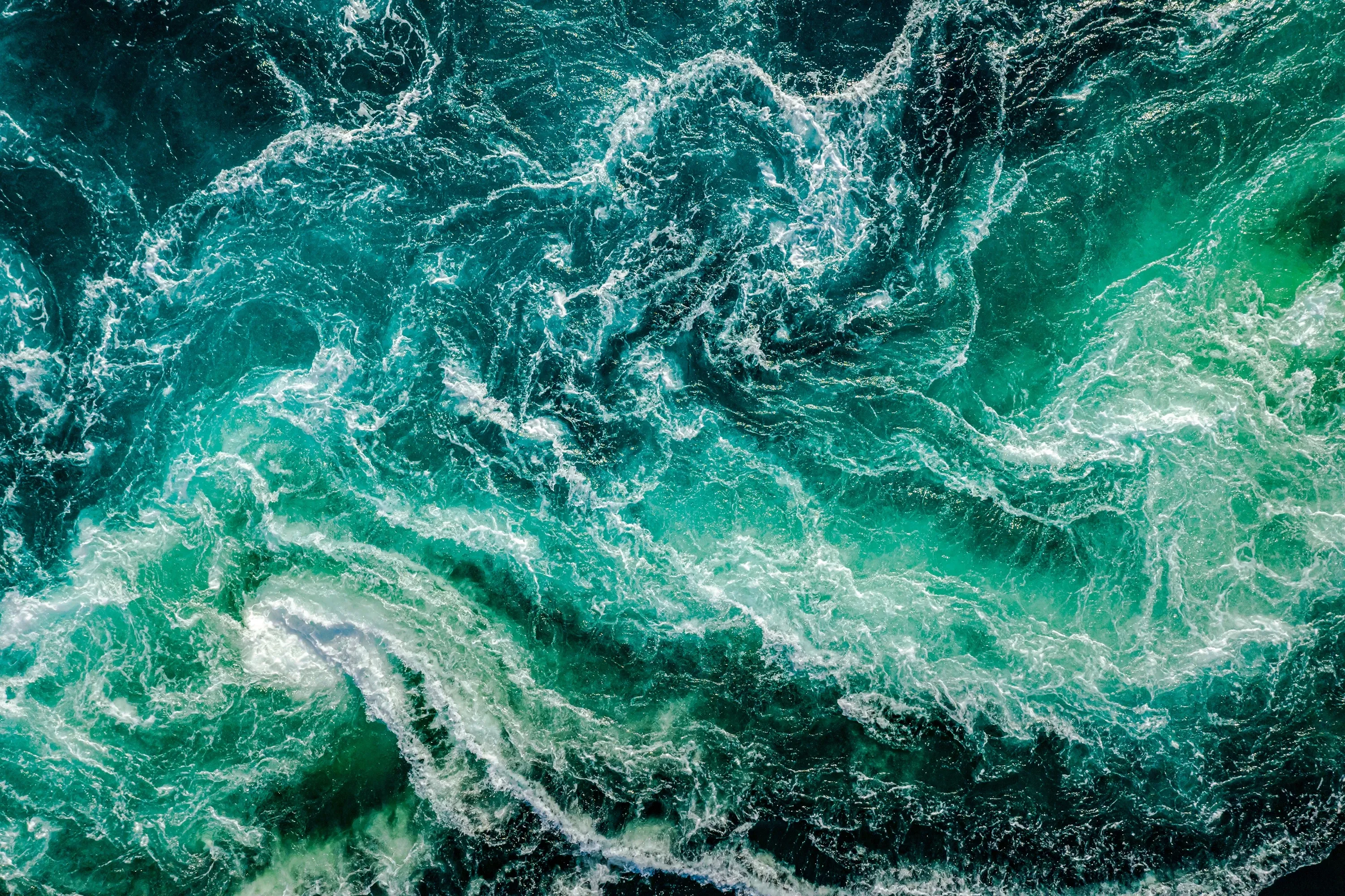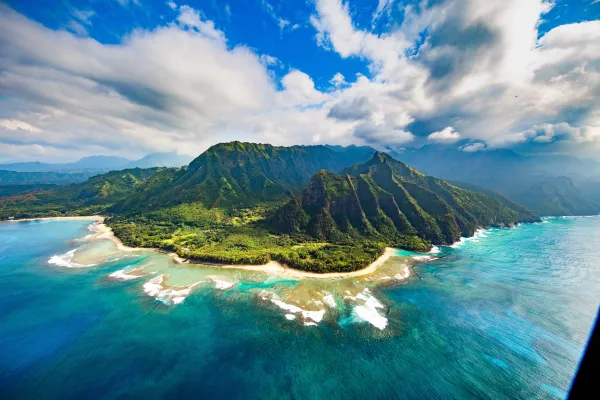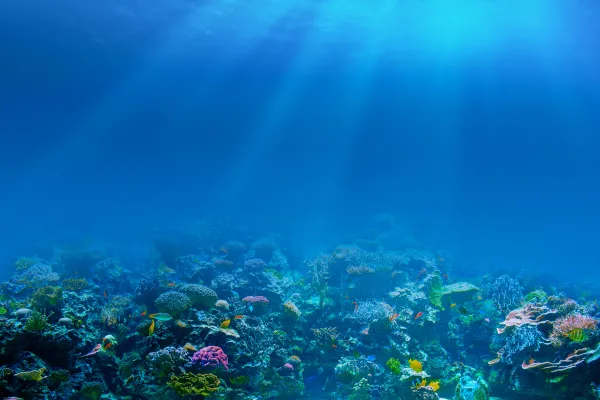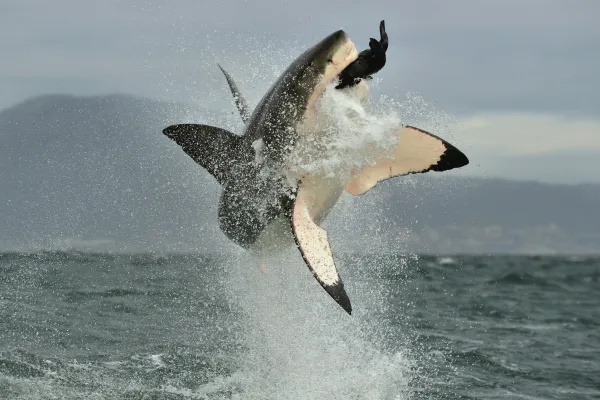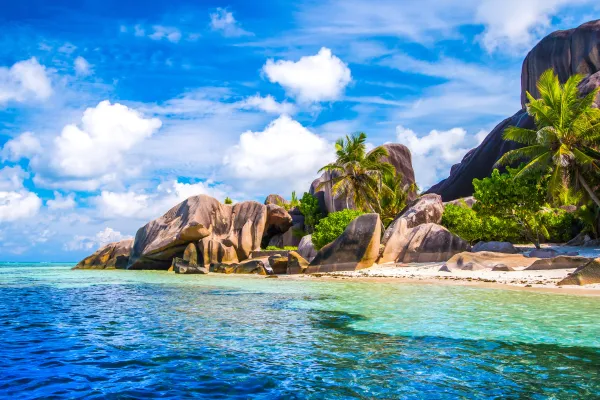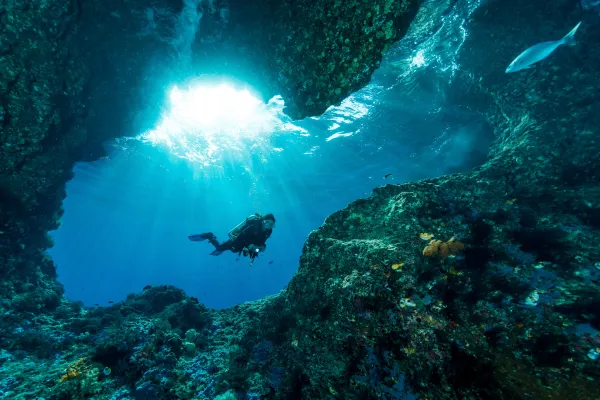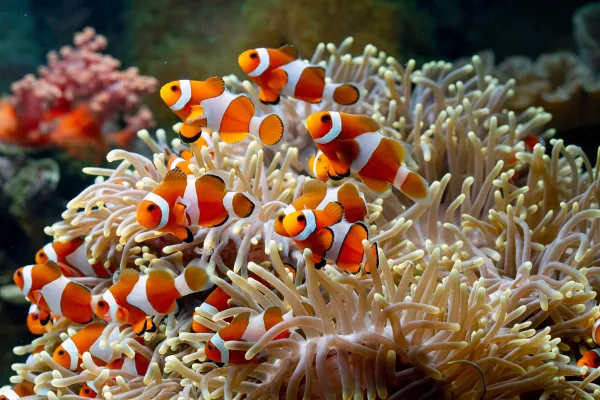The Deep Blue: Saving our oceans
The world's oceans are facing unprecedented challenges due to human activities such as overfishing, pollution, and climate change. These factors are affecting the ecological health of our oceans, which in turn is putting at risk the millions of species that call the ocean home.
Here we will examine the current state of the world's oceans, why they are important to the planet, and what we can do to save them.
The ecological health of the world's oceans: The negatives
The degradation of the world's oceans is not only a threat to marine life, but it also affects the well-being of human societies. The oceans provide essential resources, including food, medicine, and tourism, and support the livelihoods of millions of people worldwide.
However, the loss of coral reefs and fish stocks can lead to food insecurity, while plastic pollution poses a significant risk to human health as micro plastics have been found in seafood and drinking water.
The decline of the oceans' ecological health also has significant economic consequences. It is estimated that the annual economic losses caused by marine pollution and overfishing amount to billions of dollars, while the cost of restoring damaged marine ecosystems can be equally high.
The reduction of tourism revenue due to the destruction of coral reefs and the decline of marine biodiversity also has significant impacts on local economies.

The ecological health of the world's oceans: The positives
Despite the negative impacts of climate change, overfishing, and plastic pollution, there are positive developments that offer hope for the future of the world's oceans.
The creation of marine protected areas, sustainable fishing practices, plastic reduction, and the shift towards renewable energy sources are some of the initiatives that can improve the ecological health of the oceans.
It is important to continue to support and implement these positive developments to ensure the health and sustainability of the world's oceans for future generations.
Marine protected areas
The creation of marine protected areas (MPAs) is a positive development that helps to conserve marine ecosystems and protect marine life. Although the United Nations fell short of achieving its goal to protect 10% of the world's oceans by 2020 through the creation of MPAs, there has been significant progress in some regions.
MPAs are effective in reducing the impact of human activities on the oceans, such as overfishing and pollution. They provide a safe haven for marine species and help to promote biodiversity. MPAs also support sustainable fishing practises and can provide economic benefits to local communities through tourism.
Sustainable fishing
Sustainable fishing practices are gaining momentum worldwide, with more and more fisheries adopting science-based management strategies to ensure the long-term health of fish populations. This approach helps reduce overfishing and allows fish stocks to recover, which benefits both marine life and fishing communities.
Sustainable fishing practises also help to minimise the impact on the marine ecosystem and preserve the biodiversity of the oceans. The development of eco-labels and certification programmes has helped consumers make informed choices when purchasing seafood, supporting sustainable fishing practises.
Plastic reduction
Efforts to reduce plastic waste are also gaining momentum, with many countries and cities around the world implementing bans on single-use plastics and promo-ting recycling.
This helps to reduce the amount of plastic waste that enters the oceans, which is a major threat to marine life and ecosystems. The implementation of plastic reduc-tion policies and the increasing awareness of the impact of plastic waste have contributed to the reduction of plastic pollution in some regions.
Renewable energy
The shift towards renewable energy sources such as wind, solar, and tidal power also offers hope for the ecological health of the world's oceans. This transition reduces our dependence on fossil fuels, which contribute to climate change and ocean acidification.
The development of offshore wind farms and other renewable energy projects can have a positive impact on the marine ecosystem by reducing carbon emissions and minimising the impact of oil spills and other fossil fuel-related accidents.
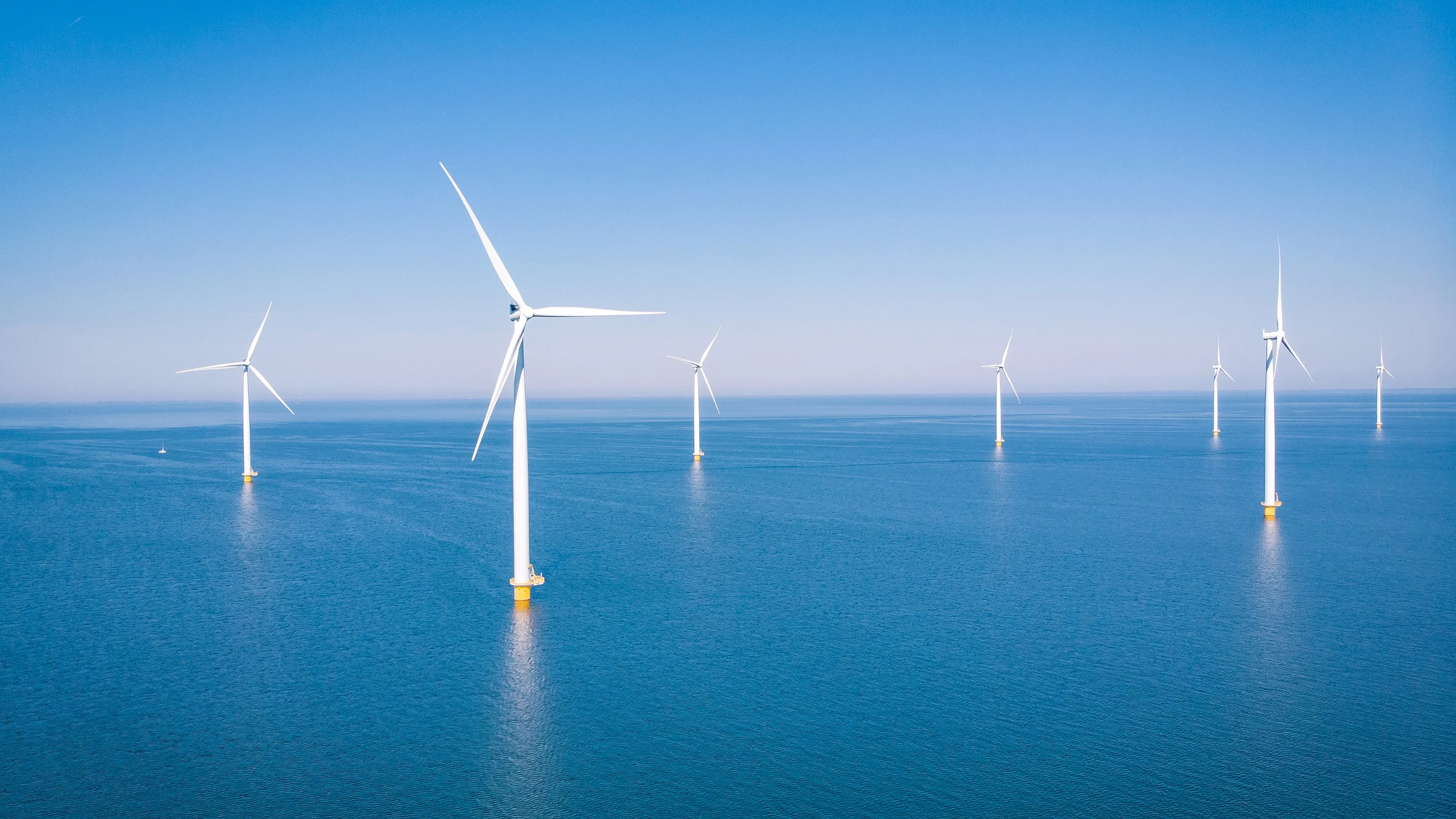
The world's five oceans
The Earth's five oceans are some of the most important and diverse ecosystems on the planet. They cover more than 70% of the Earth's surface and play a vital role in regulating the planet's climate and supporting life. In this report, we will provide an overview of each ocean and highlight some interesting facts and details.
1) The Arctic Ocean
The Arctic Ocean is the smallest and shallowest of the Earth's five oceans, covering an area of approximately 14 million square kilometres. It is mostly covered by sea ice, which is melting due to climate change and causing significant changes to the Arctic ecosystem.
The Arctic Ocean is home to unique species such as the polar bear, walrus, and Arctic fox. Interestingly, the Arctic Ocean is the only ocean that is almost entirely surrounded by land.
2) The Indian Ocean
The Indian Ocean is the third-largest ocean, covering approximately 7% of the Earth's surface. It is located between Africa, Asia, Australia, and the Indian subcontinent.
The ocean is known for its warm waters and diverse marine life, including coral reefs, whales, dolphins, and sharks. Interestingly, the Indian Ocean has the largest population of dugongs, which are marine mammals related to manatees.
3) The Pacific Ocean
The Pacific Ocean is the largest and deepest of the five oceans, covering one-third of the Earth's surface. It is bordered by Asia and Australia to the west and by North and South America to the east.
The ocean is home to many of the world's largest marine creatures, such as whales, sharks, and giant squids. The Pacific Ocean is also known for its coral reefs and unique marine ecosystems, such as the Great Barrier Reef and the Galapagos Islands.
4) The Atlantic Ocean
The Atlantic Ocean is the second-largest ocean and covers approximately 20% of the Earth's surface. It is bordered by North and South America to the west and Europe and Africa to the east. The ocean is known for its strong ocean currents, including the Gulf Stream, which plays a significant role in regulating the global climate.
The Atlantic Ocean is home to diverse marine life, including whales, dolphins, sharks, and sea turtles. Interestingly, the Atlantic Ocean has the world's largest concentration of saltwater crocodiles.
5) The Southern Ocean
The Southern Ocean, also known as the Antarctic Ocean, surrounds the continent of Antarctica and covers approximately 4% of the Earth's surface. It is known for its harsh climate and strong winds, which make it one of the most challenging oceans to navigate.
The Southern Ocean is home to unique species such as the Antarctic krill, which plays a crucial role in the ocean's food chain. Interestingly, the Southern Ocean has the world's largest iceberg on record, which was the size of Jamaica.
Why are oceans important to the planet?
The oceans are an indispensable part of the planet's ecosystem, and their significance cannot be overemphasized.
Due to their photosynthetic plankton, the oceans have the ability to produce over 50% of the world's oxygen. Additionally, the oceans absorb over 25% of the carbon dioxide that is released into the atmosphere as a result of human activities, playing a critical role in regulating the earth's climate.
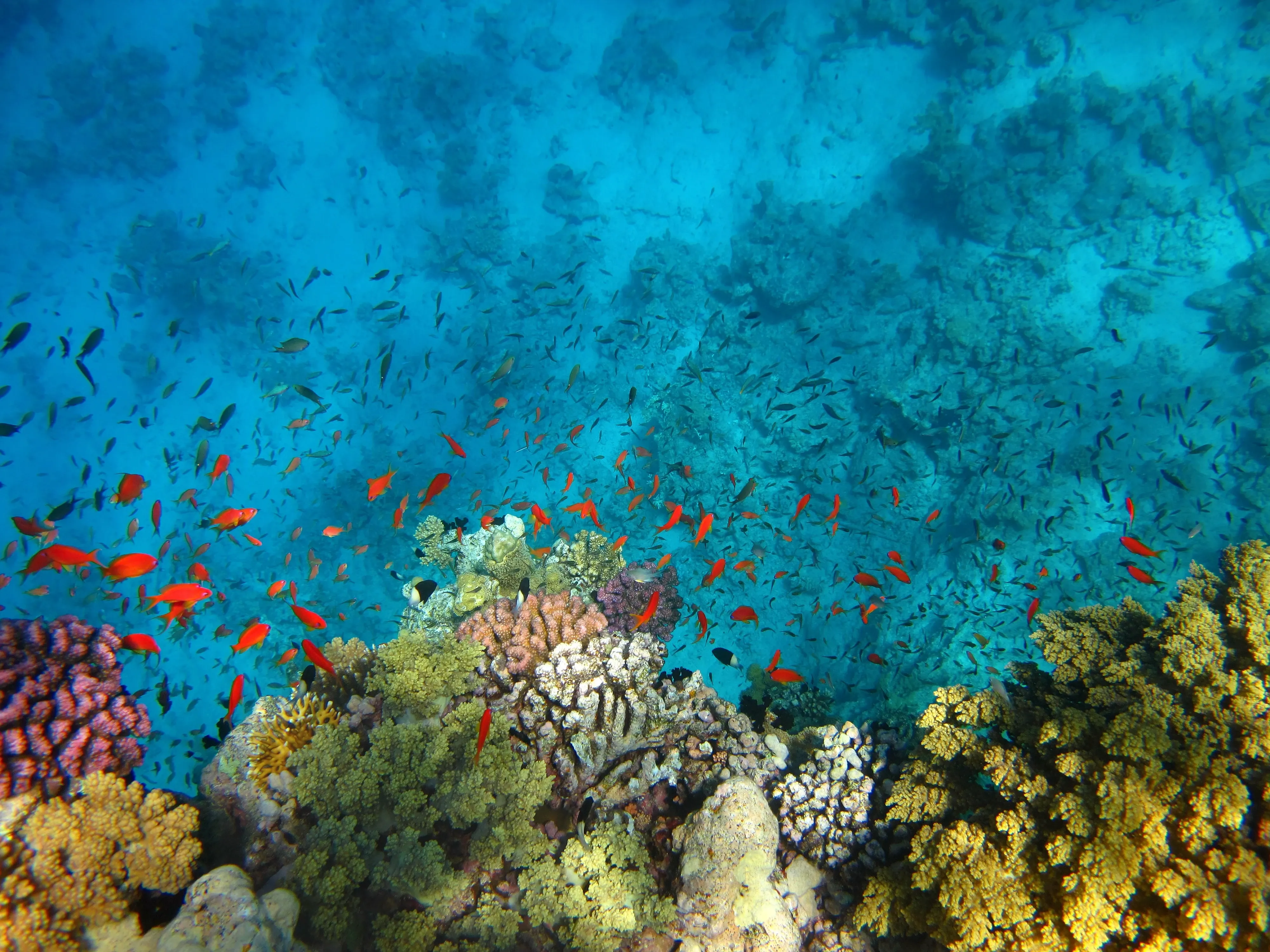
The oceans are also a vital source of food for millions of people around the world. They contain a vast array of marine species, providing diverse ecosystems that support the food chain. Fisheries rely on the oceans to provide a significant portion of the world's fish and seafood, which are rich sources of protein and nutrients.
Furthermore, the oceans are a crucial part of the global economy. They support a range of industries, including shipping, tourism, and fisheries. The oceans also contain valuable resources such as oil, gas, and minerals, which are used in various industries. Thus, the oceans play a pivotal role in supporting global economic development.
How to save our oceans
Saving our oceans is a task that requires collective action from all stakeholders. Governments, businesses, and individuals must take urgent action to protect the oceans. There are several measures that can be implemented to save our oceans.
One of the major threats to the oceans is plastic pollution. The massive amounts of plastic waste that are dumped into the oceans every year are responsible for harming marine life and degrading the ocean's health. To reduce plastic pollution, governments, businesses, and individuals can take action. This includes reducing the use of single-use plastics, increasing recycling rates, and properly disposing of plastic waste.
Another important measure to protect the oceans is to establish marine protected areas. These areas are critical to preserving the health and biodiversity of the oceans. They provide a safe haven for marine life and allow ecosystems to thrive. Marine protected areas can be established by governments, NGOs, and other stakeholders to protect important marine habitats.
Sustainable fishing practises are also essential for the health of the oceans. Overfishing is causing the depletion of fish stocks and threatening the health of the oceans. To address this, governments and businesses can implement sustainable fishing practises that prioritise the long-term health of fish populations and the oceans. This includes measures such as catch limits, fishing quotas, and restrictions on destructive fishing practises.
Finally, investment in scientific research is essential to understanding the impact of human activities on the oceans and developing solutions to protect them. Governments, research institutions, and NGOs can invest in research to better understand the ocean's ecosystems and the impact of human activities on them.
This research can help identify the most effective measures to protect the oceans and support the development of innovative solutions.
Sign up for the newsletter
By clicking on “Subscribe now” I will subscribe to the Conscious Explorer newsletter with all the information about mindful travel. Information on the success measurement included in the consent, the use of the shipping service provider MailChimp, logging of the registration and your rights of revocation can be found in our privacy policy.

